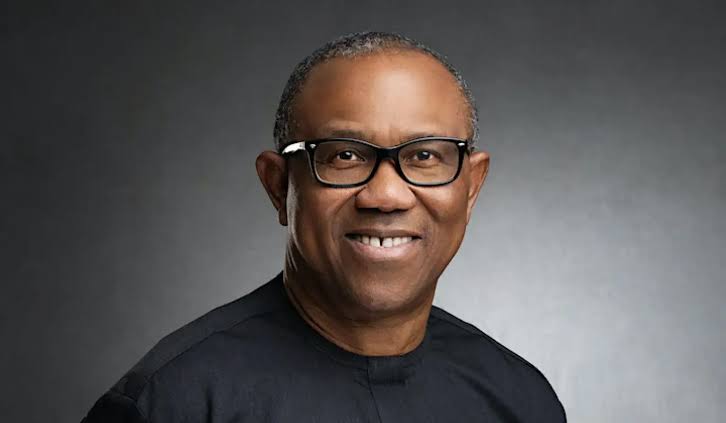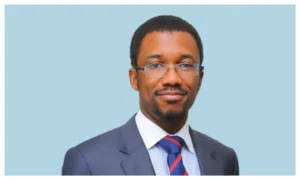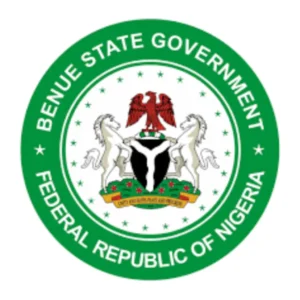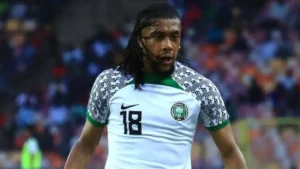The call for unity among Nigeria’s opposition parties is growing louder as the 2027 presidential election approaches. Advocates for change argue that a strong alliance between major opposition parties is the only way to defeat the ruling All Progressives Congress (APC) and President Bola Tinubu’s administration.
Recently, reports claimed that Labour Party’s Peter Obi, NNPP’s Rabiu Kwankwaso, and PDP’s Atiku Abubakar were negotiating a merger. Allegedly, they had agreed on a power-sharing formula where Atiku and Kwankwaso would each serve as president for four years, followed by Obi for eight years. However, both Kwankwaso and Obi have denied these claims.
Kwankwaso criticized the idea of candidate selection without public input, urging opposition leaders to learn from past mistakes. Meanwhile, Obi dismissed any merger plans but encouraged opposition parties to work together to bring change in 2027.
Mathias Adache, a PDP leader in Benue South, stressed the importance of unity. He pointed out that individual efforts by opposition parties in 2023 failed, and without a united front, APC could retain power in 2027. Adache also blamed greed and selfish interests for the disunity among opposition leaders.
Labour Party member Henry Ternenge echoed similar sentiments, stating that APC’s 2023 victory resulted from the division among opposition parties. He noted that the combined votes of Atiku, Obi, and Kwankwaso exceeded Tinubu’s total, proving that unity could have changed the election outcome.
The Labour Party has clarified that there will be no automatic ticket for Peter Obi or any other candidate in 2027. Obiora Ifoh, the party’s National Publicity Secretary, emphasized that all positions, including the presidential ticket, will be contested.
While the call for unity is strong, significant challenges remain. Political ambitions, external interference, and distrust among opposition leaders could hinder their ability to form an alliance. Yet, history shows that unity can be a game-changer, as seen in APC’s coalition victory in 2015.
As 2027 approaches, opposition parties face a critical decision: unite for a common goal or remain divided and risk another defeat. The outcome could shape Nigeria’s political landscape for years to come.







